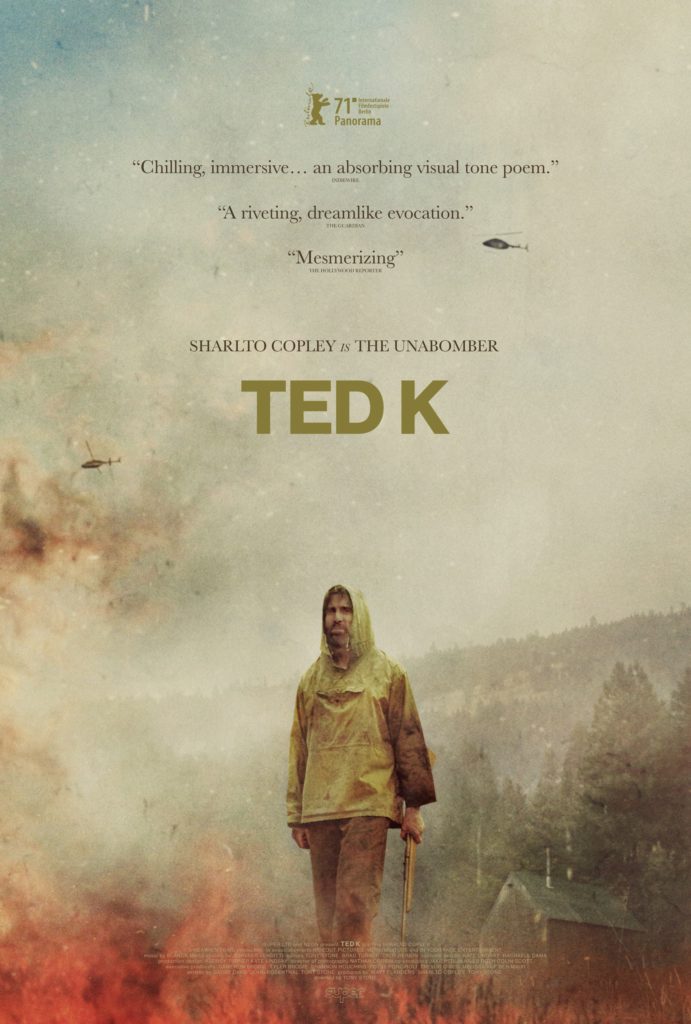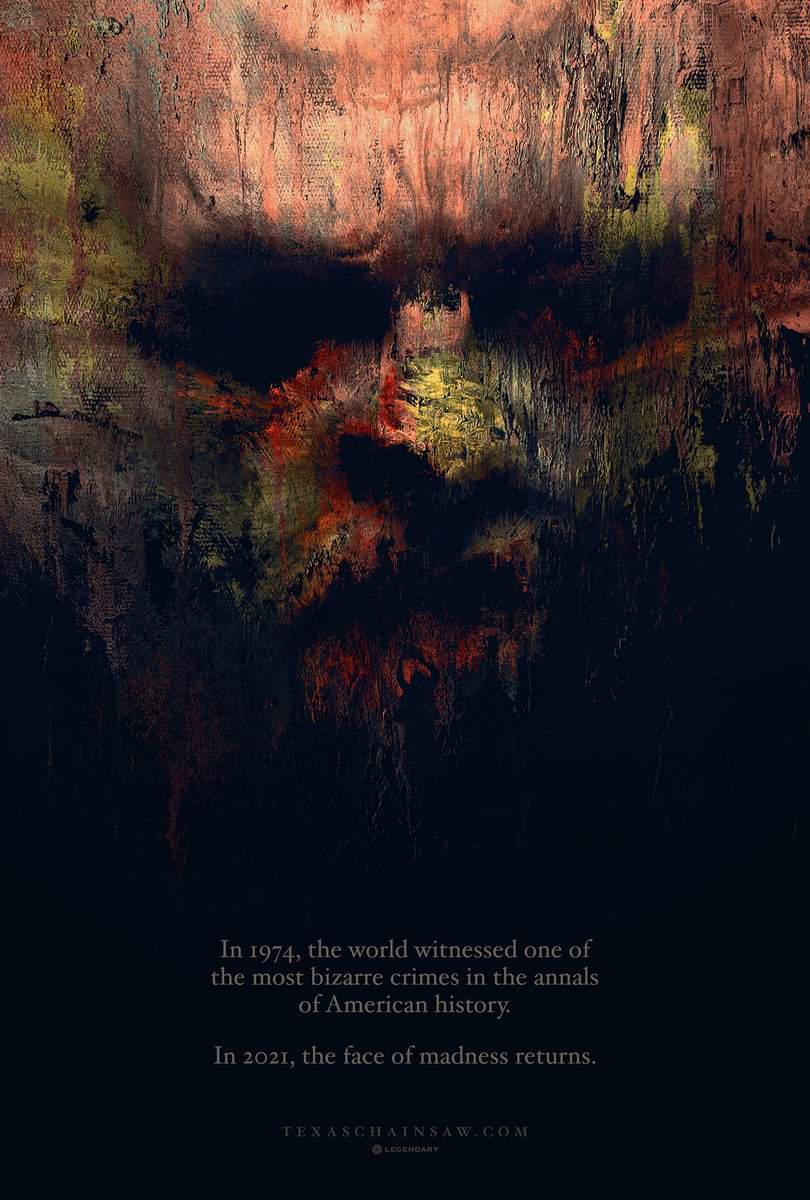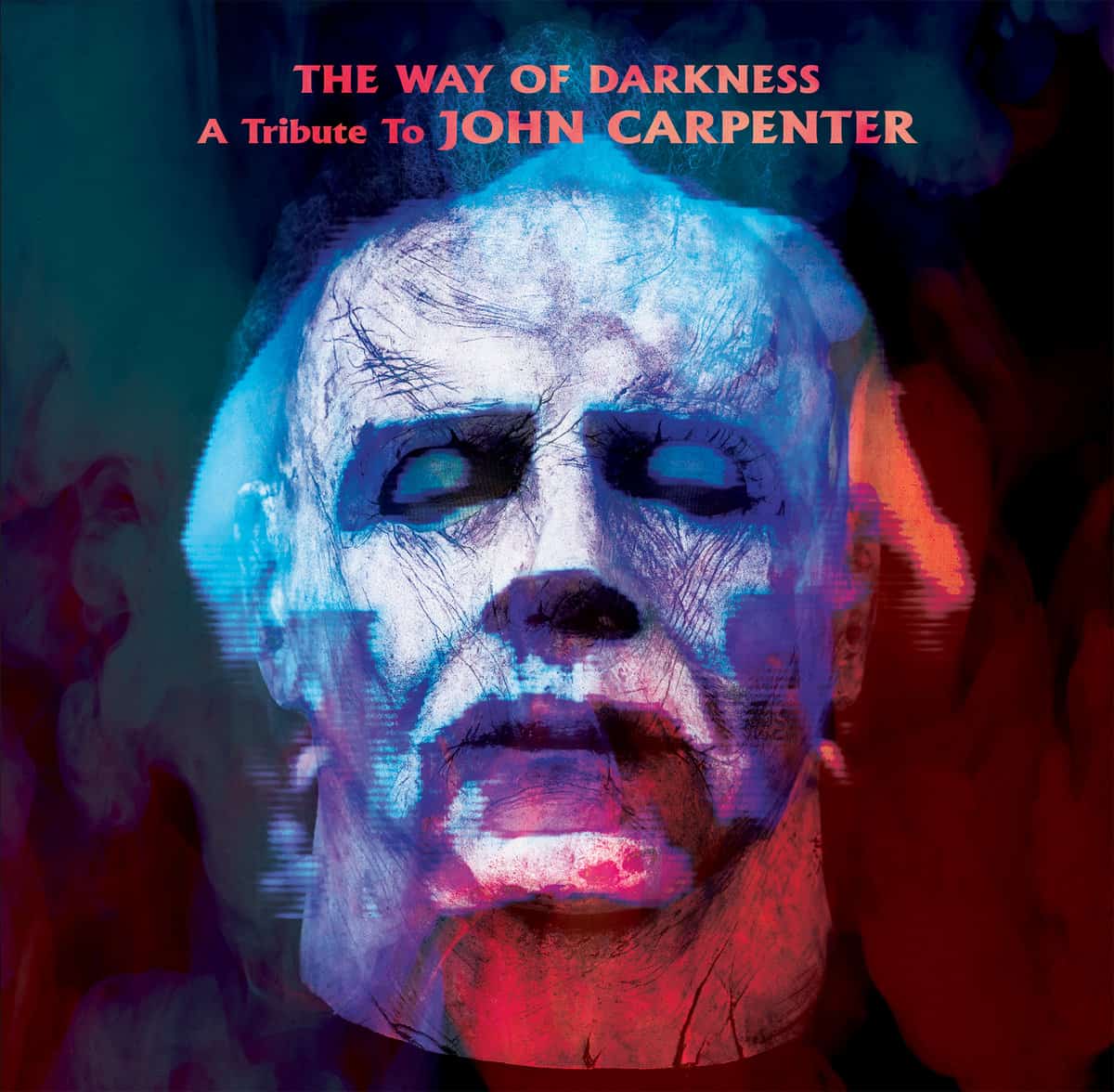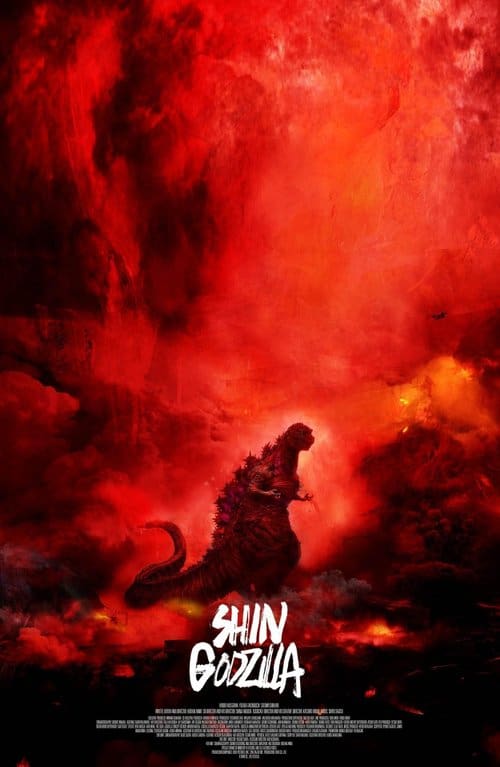
It’s difficult, if not impossible, to put ourselves into the minds of killers, of terrorists. But in Ted K, that’s exactly what experimental electronic artist Blanck Mass does. The film, unsurprisingly, covers several decades of the life of American domestic terrorist Ted Kaczynski, from his early disillusionment with modern society to his escalation toward violence and murder. Blanck Mass spends a significant amount of his score looking through Kaczynski’s eyes.
The film begins with a cadre of snowmobiles scouring the wintry Montana landscape; like a marauding army it desecrates the holy grounds and pure air. Kaczynski stands alone watching, waiting for his chance to fight back. During this sequence, Blanck Mass’s “Montana (Main Theme)” plays. A massive electronic cue of militarism and ritualism, melding pounding, marching drums and primordial chants. It pits Ted K against these invaders, Earth’s last great warrior.
Of course, this is all a hyperbolic re-imagining in Kaczynski’s head. There is no invasion and he is no savior, only a handful of people enjoying their time outdoors and a misanthrope upset at them for it. But our perspective is Kaczynski’s, and Blanck Mass plays along, creating a sound immense and intense enough to match. But he isn’t afraid to poke a little fun. This massive build-up – a cue to which armies could march and fight – ends with Kaczynski frustratedly trying to smash a snowmobile. This lofty insurgency ends with causing, perhaps, a few hundred dollars in property damage. Largely because of the music, we’re able to immediately grasp the disparity between what’s actually happening and Kaczynski’s own self-perception; the miniscule sits juxtaposed with the grandiose.
This disparity happens a few other times throughout the film, such as Blanck Mass playing straight Kaczynski’s view of himself as an eco-warrior (while he cosplays half-naked through the woods) or his imagined romance through the dreamy, surprisingly comforting “Becky’s Theme.” Through these, Blanck Mass makes real Kaczynski’s idealized version of himself, even though we can clearly see that it’s untrue. The irony that he does this about a man rejecting modernity by using an electronic palette makes the contrast even starker.
One issue is sometimes we almost fall for the mystique. In a few sequences, the music accompanying Kaczynski’s plotting or slow-building rage is intoxicating. Catchy dark electronic melodies sweep us into his explosive rage, their charisma almost making us believe. The music momentarily takes us from passive observer to accomplice. It’s unsettling. Yet, it’s effective, intentionally pushing us past a point of comfort.
We also become close with Kaczynski in the languid shots of the Montana wilderness. Fortunately, these are palette cleansers, distancing us from our position as accomplices. Instead, together we admire these aweing forests and mountains. Blanck Mass’s gentle soundscapes overtake us, and their ominous undertones clue us into the fragility of this natural world. In these moments we can all agree that this is worth saving.
Editor’s Note: You can learn my about Blanck Mass and his score for Ted K by checking out our interview with him, and this score appeared as one of the best scores of March 2022.




2 thoughts on “Into the Mind of Terror – Blanck Mass Scores Ted K”
Comments are closed.